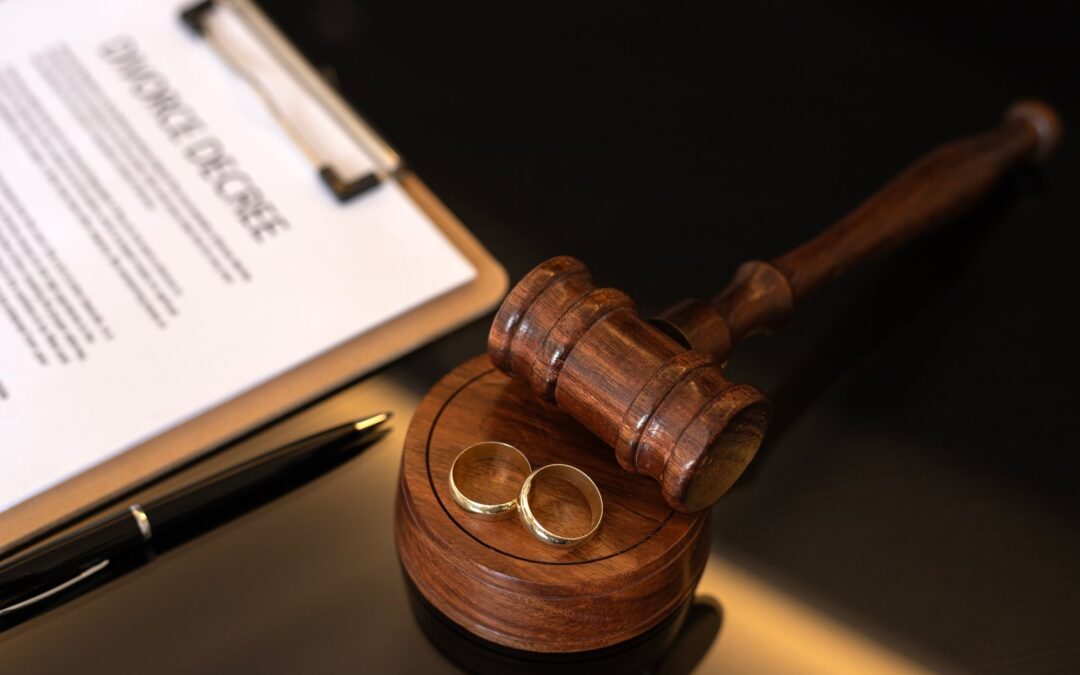In many marriages, spouses want to retain certain property as “separate” rather than “marital property.” This is an important distinction because generally, marital property is subject to division in divorce while separate property is not. Since separate property can be inadvertently transformed into marital property, it is advisable to take extra steps to safeguard it, for example, through the use of a prenuptial or postnuptial agreement and/or a trust. A loan agreement can also be used to protect separate property but should be supplemented with a postnuptial agreement to minimize the risk of future legal issues.
What Is Separate Property?
Separate property refers to property that is either acquired before the parties marry, as a gift specifically to one party of the marriage, or through an inheritance during the marriage. To maintain its status as separate property, it must be segregated from marital property and, as a general rule, not used by the marriage.
What Is Marital Property?
Generally, marital property is property that is acquired after the parties’ wedding date and up to the date a divorce action is filed.
How Do Prenups, Postnups and Trusts Protect Separate Property?
In a prenup or postnup, the parties enter into an agreement that states what property is separate and marital, and how they want to divide their assets in the event of divorce. These agreements can also address issues like spousal support and inheritance rights. The agreement provides an extra layer of protection to help ensure that the designated property remains separate.
With a trust, separate property is transferred into a trust. The trust then owns the property so it cannot become marital property even if those assets are used by both parties during the marriage. A prime example would be a separate property home that the parties want to live in as a married couple. However, any income and principal paid from the trust to the beneficiary spouse must not be commingled with marital property or used to pay marital expenses or that income will become marital property although the trust itself will remain the separate property of the beneficiary.
When Can a Loan Agreement Help Protect Separate Property?
When one spouse transfers separate property money to the other one, those funds would ordinarily become marital property. A postnuptial agreement can change that result but, in some instances, there may not be time to negotiate an agreement. In that case, a loan agreement can provide an immediate solution.
This situation arose in a recent client matter. While the parties were negotiating a postnup, one spouse entered into a transaction to buy an apartment. The other spouse was going to loan the money to the first spouse to make the purchase. The money came from a separate property account. Since the postnup could not be completed in time for the closing, the couple entered into a loan agreement that made clear that the money was to be paid back. While this enabled the closing to go through, it is not the best way to preserve separate property rights. As a result, the loan was also explicitly addressed in the final postnuptial agreement.
If you have property you want to maintain as separate property from your spouse, you should consult an attorney. Prenups, postnups and trusts must be carefully drafted. To discuss the best option in your case, please contact us for a consultation.

